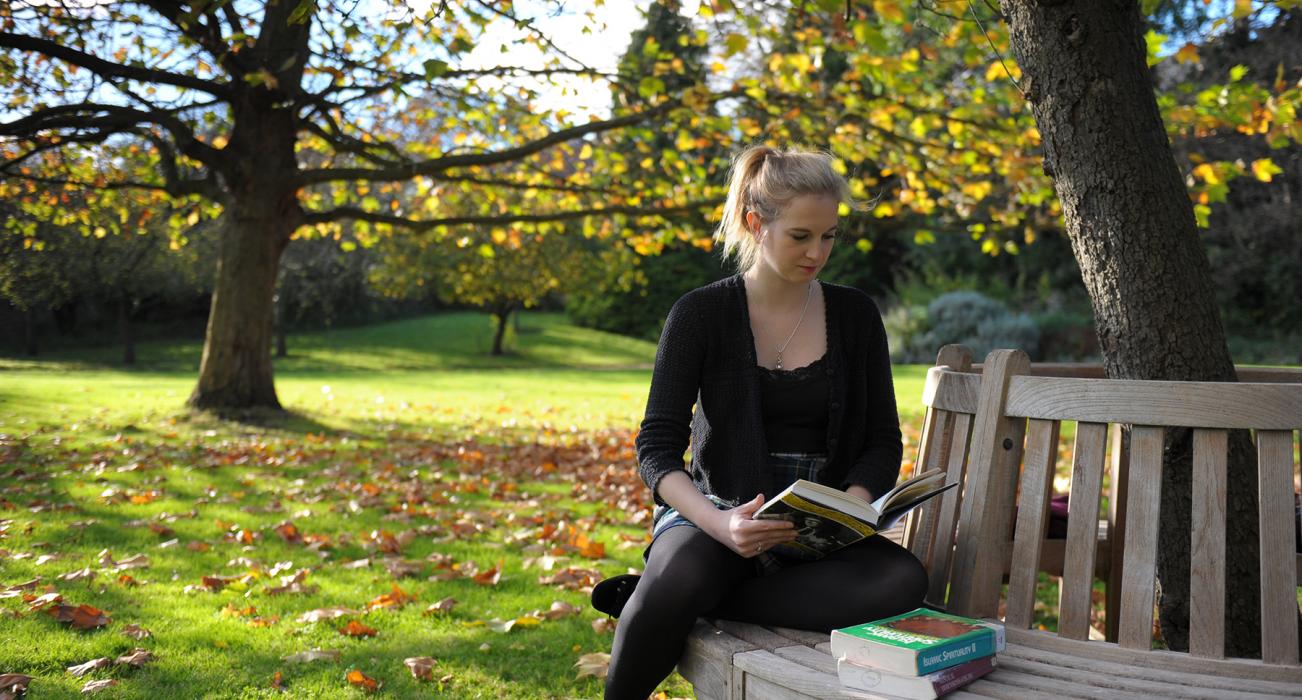Online Events
These online events are designed to support students in making a competitive application to university, with sessions ranging from picking a course to interview support. The support and advice will be relevant to students applying to academically competitive universities across the UK, including, but not limited to, the University of Cambridge.
UCAS Personal Statement Workshops
21 May and 4 June 2024
17:00-18:30
Zoom
Magdalene College’s Schools Liaison Officer will be leading two webinars on UCAS Personal Statements on 21 May and 4 June 2024. The webinars are intended for students who are planning to apply to university for 2025 entry (or deferred for 2026).
The sessions will cover:
- How universities use the personal statement.
- Super-curricular activities: what to include in a successful personal statement.
- Structuring a personal statement.
- Editing and refining a personal statement.
Registration
The sessions will take place on Zoom. These events are free, but registration is required. Registrations will close when bookings reach capacity, or else at 09:00 on the date of the event.
Please note: the sessions will be identical so students will only need to attend one.
Register for Personal Statement WorkshopsUpcoming Events
Please register your interest in our future webinars and outreach events.
Register your interest for future webinars
Webinar Archive
A Level Choices
The Subject Matters provides students with information and guidance on selecting A Level subjects they will enjoy and excel in.
The Subject Matters: A Level Choices
Recorded February 2024
Interviews Workshops
Join us for an insightful webinar series hosted by Schools Liaison Officer, Natalie Thompson, and current Magdalene students as they share their expertise on the University of Cambridge interviews.
An Introduction to Cambridge and Oxford Interviews
Recorded November 2023
Cambridge Interviews Workshop for Arts and Humanities Subjects
Recorded November 2023
Cambridge Interviews Workshop for Biological Sciences
Recorded November 2023
Cambridge Interviews Workshop for Physical Sciences
Recorded November 2023
Admissions Assessment Workshops
Join us for an insightful webinar series hosted by Schools Liaison Officer, Natalie Thompson, as she shares her expertise on preparing for the University of Cambridge Admissions Assessments.
Preparing for Admissions Assessments: Arts
Recorded October 2023
Preparing for Admissions Assessments: BMAT
Recorded October 2023
Preparing for Admissions Assessments: Arts and Humanities
Recorded October 2023
Preparing for Admissions Assessments: LNAT
Recorded October 2023
Preparing for Admissions Assessment: NSAA
Recorded June 2021.
Essay-writing Webinars
Webinar series for students entering the Arts and Humanities Essay Competition.
Planning and Researching Essays
The Writing Process
Refining and Referencing Essays
Kick-starting your Application
In this session, we talk about applying to university and the big decisions, including picking a course, applying to Cambridge, exploring your subject and writing your personal statement.
Kick-Starting your Application
Study Skills: Preparing for Year 13
In this session, we discuss the science behind the learning process, and how to effectively use revision strategies and tactics to use your time effectively.
Study Skills: Preparing for Year 13 and Higher Education
Refining Personal Statements
The personal statement is the one part of the admissions process that applicants have complete control over. We discuss what universities are looking for in a personal statement and how applicants can get the most out of their 4000 characters. Hints and tips on how to sharpen up personal statements, and the common pitfalls to avoid.
